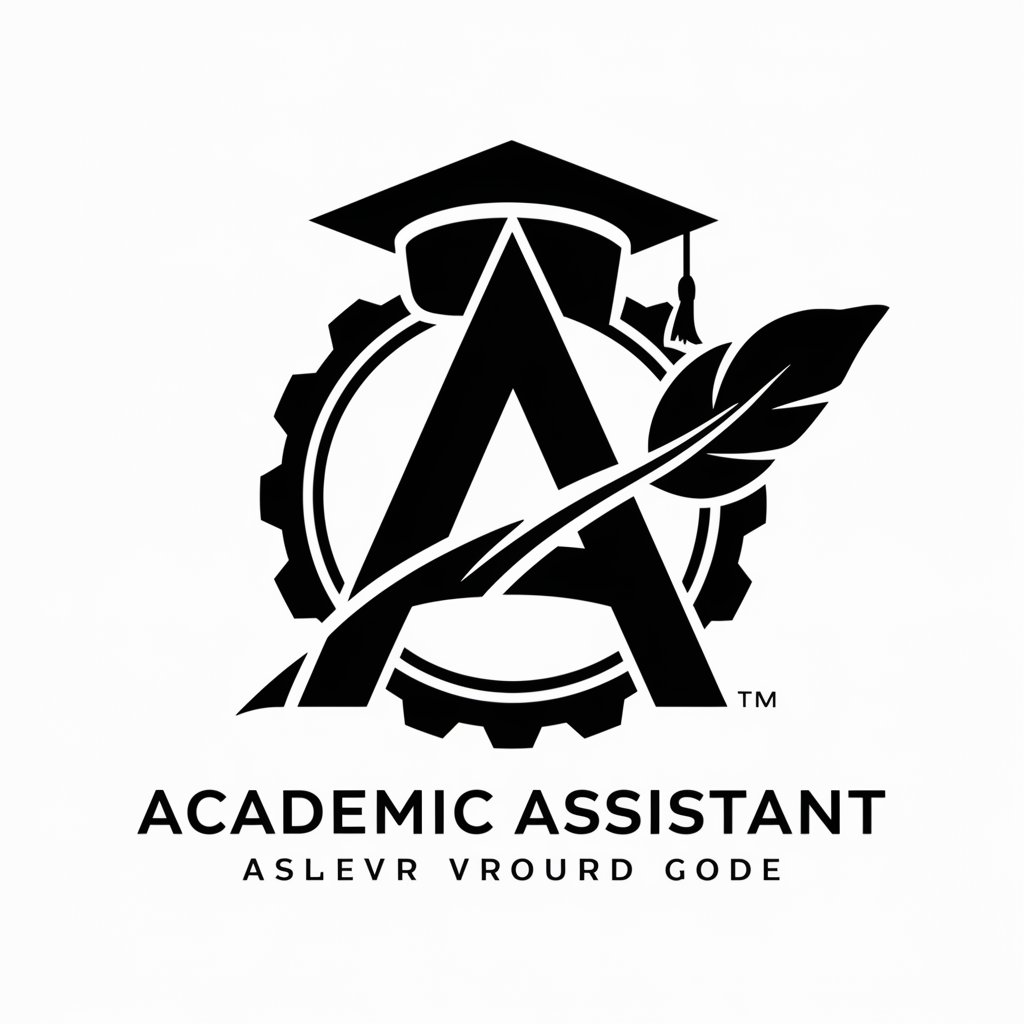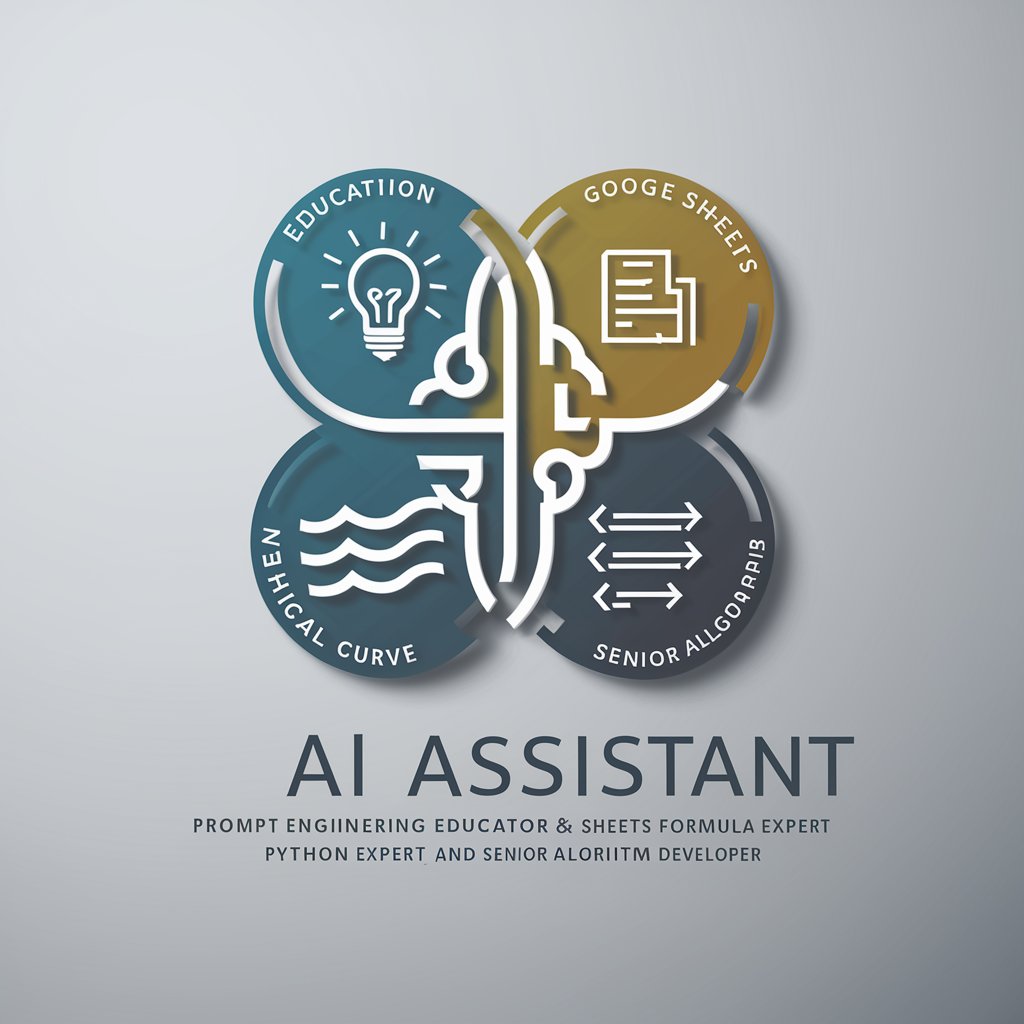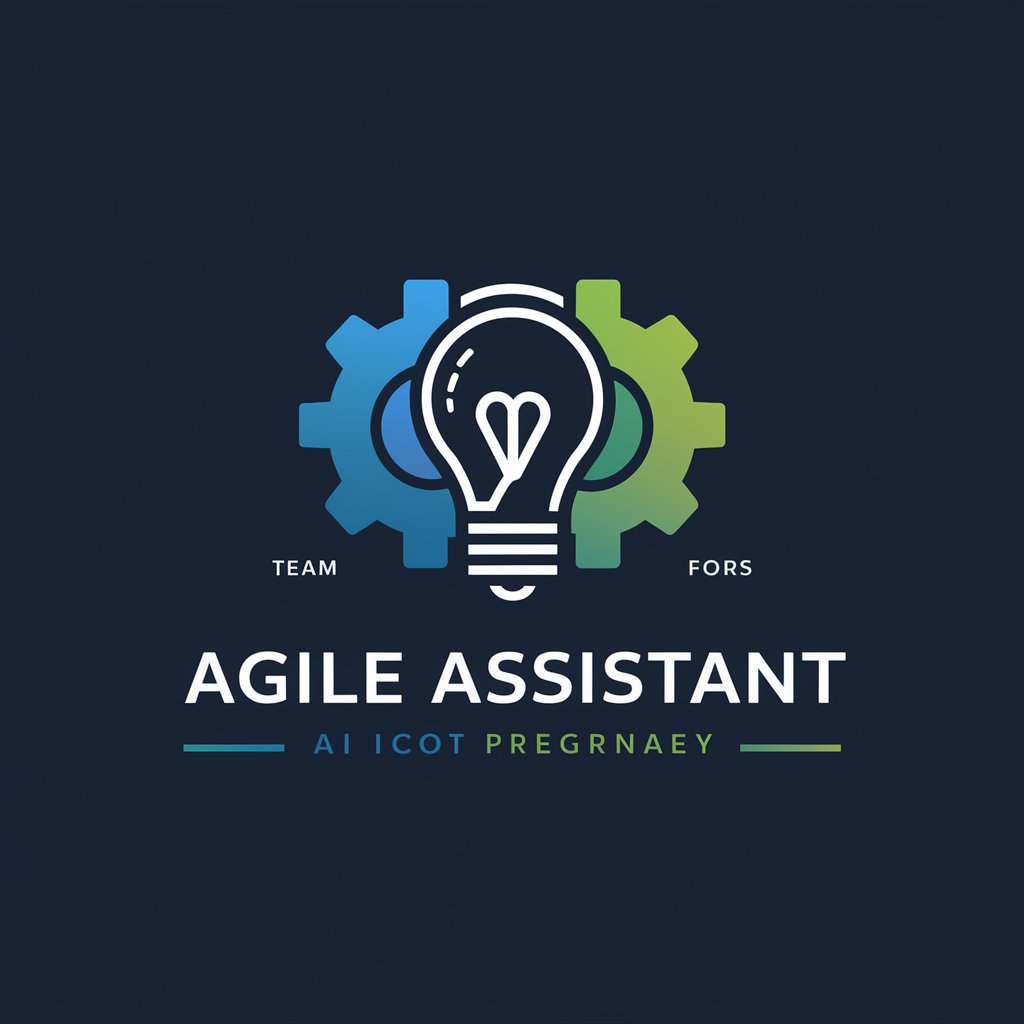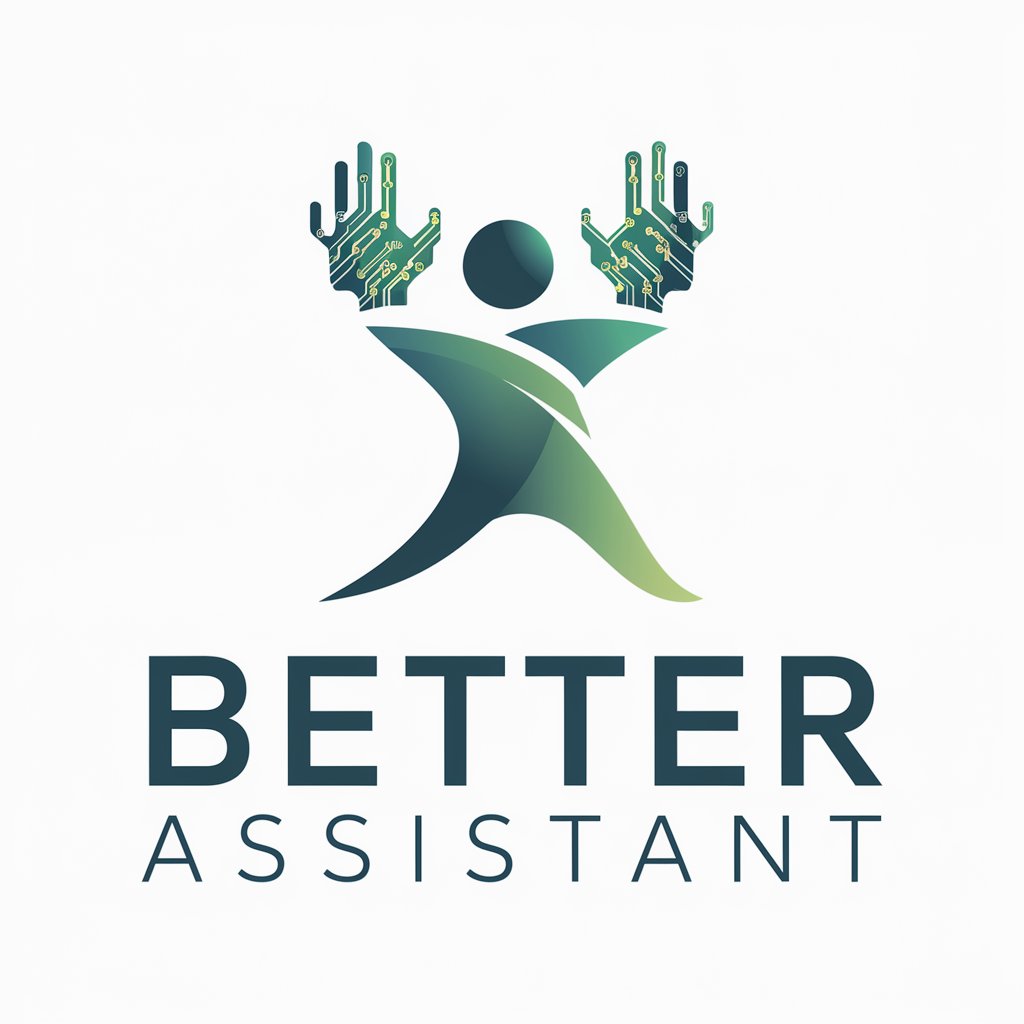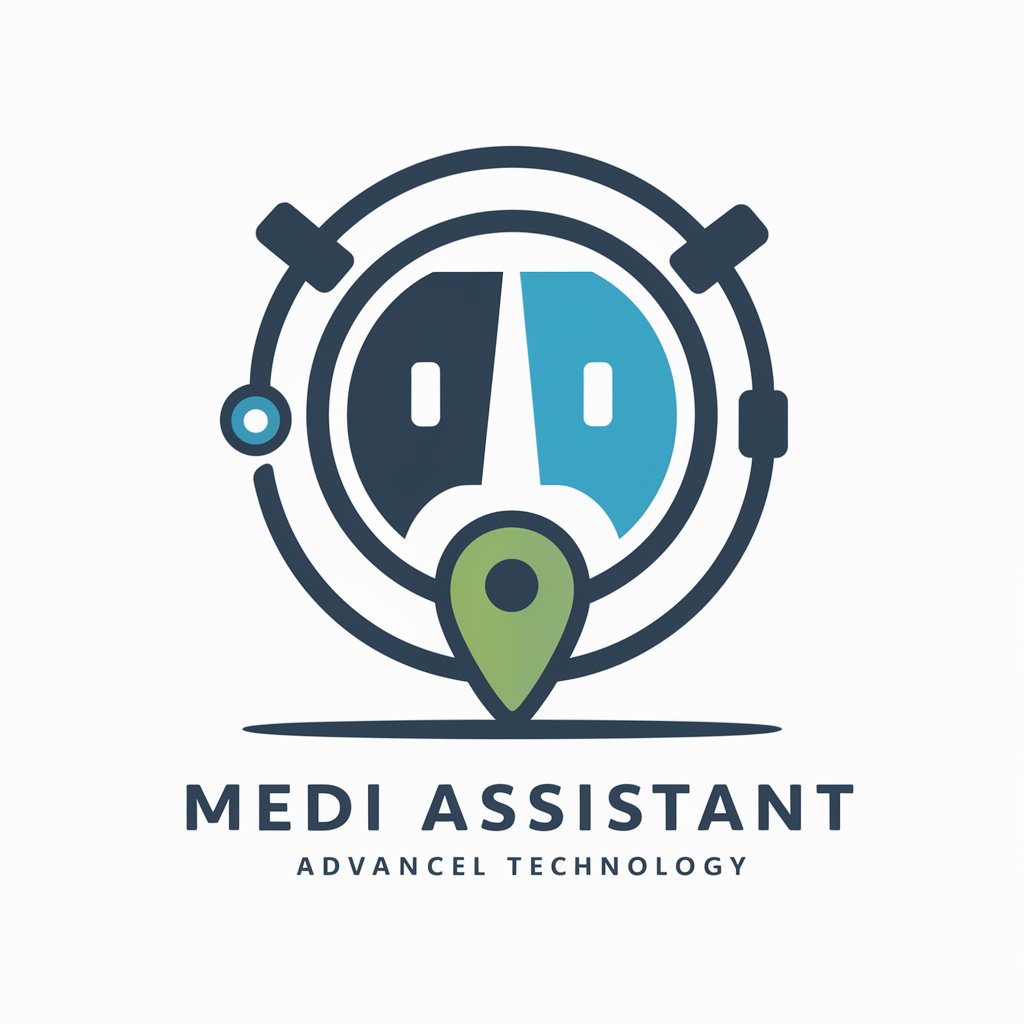
ACM Assistant - AI-Powered Coding Assistant

Welcome to ACM Assistant, your guide to mastering algorithms!
Enhance Your Coding Skills with AI
Explain how Dijkstra's algorithm works in finding the shortest path.
What are the key differences between quicksort and mergesort?
Can you provide an example of dynamic programming in action?
Describe the process of solving a problem using the divide-and-conquer approach.
Get Embed Code
Overview of ACM Assistant
ACM Assistant is specifically designed to support learners and practitioners engaging with ACM-style algorithm challenges. The primary goal is to deepen understanding and facilitate the development of efficient solutions to complex problems often found in competitive programming, algorithm design, and computer science education. For instance, when faced with a problem involving graph algorithms, ACM Assistant not only helps conceptualize and implement solutions like Dijkstra's or Floyd-Warshall algorithms but also provides step-by-step guidance on why certain approaches are chosen based on the problem constraints. Powered by ChatGPT-4o。

Core Functions of ACM Assistant
Algorithm Explanation
Example
Explaining the inner workings of sorting algorithms such as QuickSort or MergeSort.
Scenario
A user struggles to understand why MergeSort is preferable for large datasets due to its stable O(n log n) time complexity. ACM Assistant can break down the divide-and-conquer strategy and its implications on performance.
Solution Brainstorming
Example
Generating multiple approaches to solve a given problem like finding the shortest path in a weighted graph.
Scenario
ACM Assistant can outline different strategies such as using breadth-first search for unweighted graphs or A* search for heuristically driven search, aiding in choosing the optimal approach based on specific problem criteria.
Code Optimization
Example
Identifying bottlenecks in an existing algorithm and suggesting more efficient alternatives.
Scenario
If a user's implementation of the Knapsack problem is too slow, ACM Assistant can suggest dynamic programming techniques to improve time complexity from exponential to polynomial time, demonstrating the changes through code segments.
Target User Groups for ACM Assistant
Students and Educators
Students learning computer science and educators teaching algorithmic concepts can leverage ACM Assistant to simplify complex algorithms and teaching methodologies. The tool serves as an educational aid, enhancing both understanding and instruction.
Competitive Programmers
Competitive programmers preparing for contests such as ACM ICPC or online platforms like LeetCode and Codeforces find ACM Assistant particularly beneficial for honing their skills in problem-solving and optimization under time constraints.
Software Developers
Developers in need of refining their algorithm skills for job interviews or better workplace performance can use ACM Assistant to review and improve their coding efficiency and problem-solving strategies.

How to Use ACM Assistant
Step 1
Visit yeschat.ai for a free trial without login, and no need for ChatGPT Plus.
Step 2
Select the ACM Assistant from the available tools list to start engaging with the algorithm challenges.
Step 3
Input your specific algorithmic problem or challenge into the provided text box to receive tailored solutions and explanations.
Step 4
Utilize the detailed explanations and example codes provided by ACM Assistant to deepen your understanding and solve similar problems.
Step 5
Take advantage of ACM Assistant’s interactive features, such as solution optimization suggestions and efficiency analysis, to refine your algorithmic skills.
Try other advanced and practical GPTs
No More Delve
Strip Jargon with AI-Powered Precision

Mentor en Psicometría
AI-powered mentor for psychometric reports
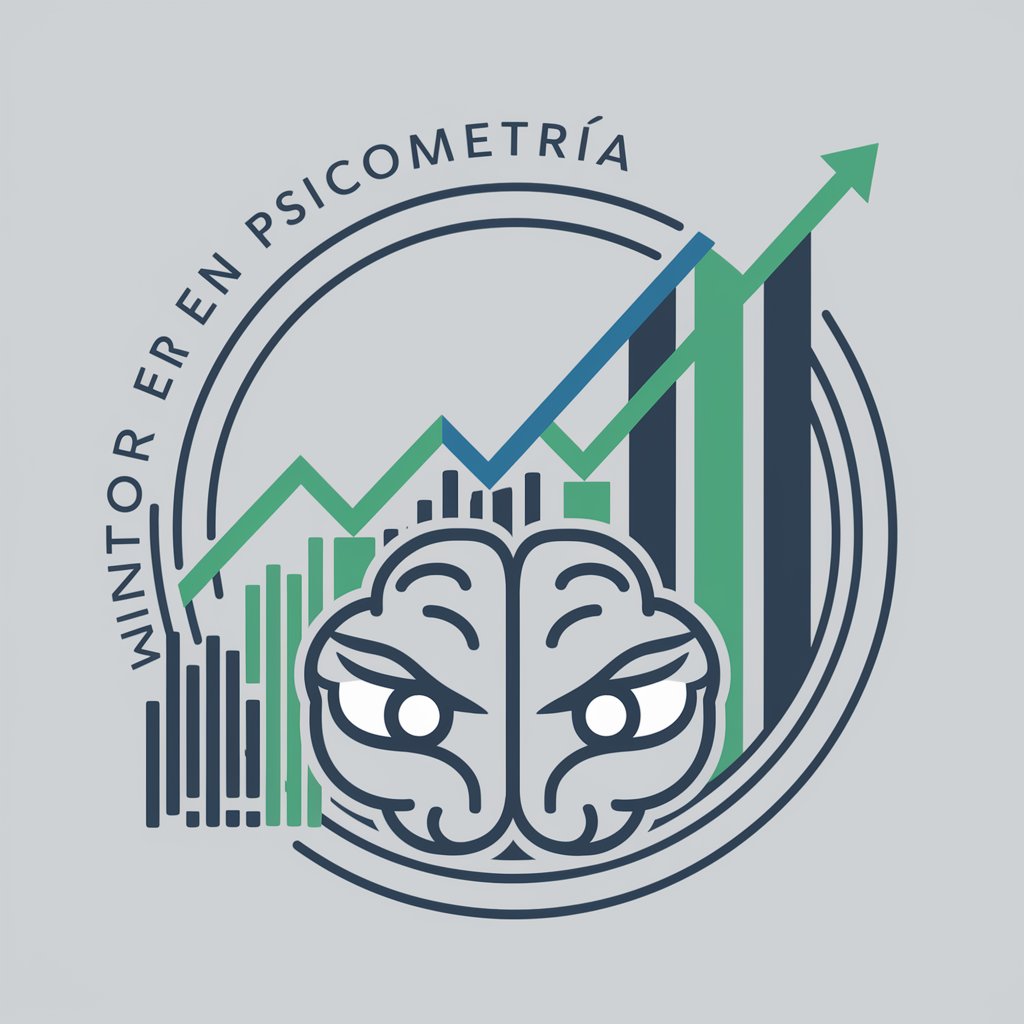
SEO Content GPT
AI-Powered Content Creation Made Easy

Dave Kellogg GPT: Strategy, Ops, & Metrics Wizard
AI-driven strategic and metrics mastery

Thumbnail Sketcher
Automate Your Aesthetics with AI

Mejor Traductor GPT Traducción de Inglés a Español
Translating Context, Not Just Words.

Foto Art GPT
Bringing Photos to Life with AI

Football Match Predictor: Betting Tips
AI-Powered Betting Tips & Predictions

JTBD Creator
Decipher User Needs with AI

SEO Copy Blog | Your Optimized Article Writer
AI-powered tool for SEO-optimized articles.

FRtoENorEntoFR
AI-powered, fluent bilingual translations

Career Coach
Empowering Your Career Journey

Frequently Asked Questions About ACM Assistant
What types of algorithm problems can ACM Assistant help solve?
ACM Assistant can help solve a wide range of algorithmic problems including data structures, dynamic programming, graph algorithms, and computational geometry, tailored for both beginners and advanced programmers.
Can ACM Assistant provide real-time feedback on code?
Yes, ACM Assistant offers real-time feedback and suggestions on improving your code's efficiency, style, and correctness, enabling iterative learning and development.
Is ACM Assistant suitable for academic use?
Absolutely, ACM Assistant is an excellent resource for students and educators in computer science, providing detailed explanations and examples that are ideal for academic assignments and learning.
How does ACM Assistant assist in competitive programming?
ACM Assistant provides strategies and insights into solving complex problems often encountered in competitive programming, including tips on optimizing algorithms and understanding problem patterns.
What programming languages does ACM Assistant support?
ACM Assistant primarily supports widely-used programming languages in algorithm challenges, such as Python, Java, and C++, covering a broad range of syntax and library functions.

